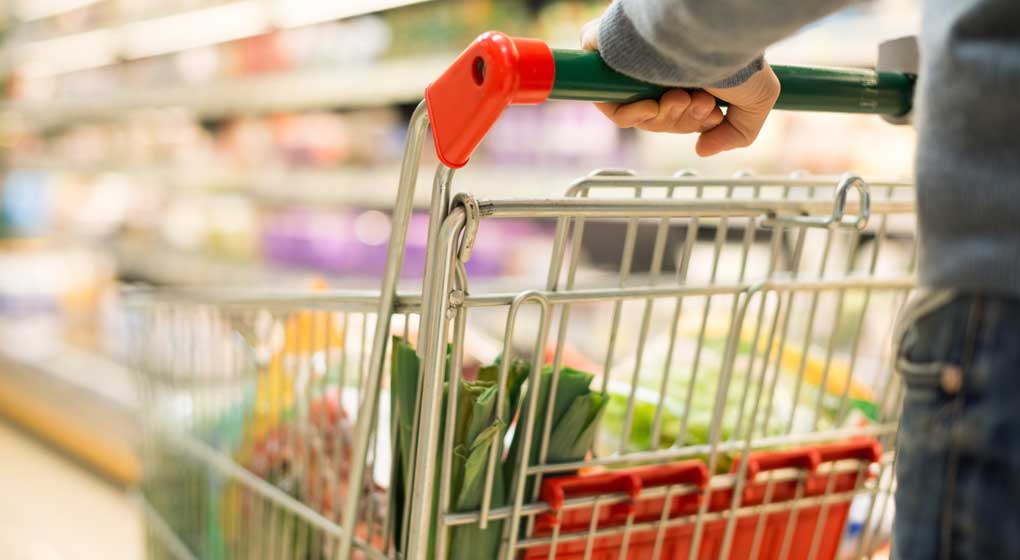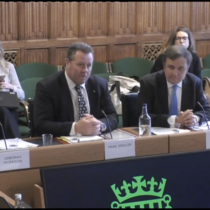Climate change doesn’t have to mean diet change
We need to rethink what we know about meat and its contribution to climate change, because not everything we hear in the media and from the influential people we listen to is correct. And yet British people are currently making choices about what they should and shouldn’t eat based often on partial or wrong information.
There is a lot of contradictory opinion, pseudo-science and genuine science currently circulating in the media. Findings from scientific studies are regularly misinterpreted or taken out of context to suit a particular argument, and this can quickly turn into a global news headline.
A good example of this are the often-quoted figures on greenhouse gas emissions from livestock. Most news and blog articles use average global figures which include the intensive feedlot systems in countries like Brazil which are, undoubtedly, among the worst.
British, pasture-based livestock, however, has a very different environmental footprint. We are not clearing old-growth rain forest in order to farm. In the UK, the marginal farmland used to rear cattle and sheep cannot be used for other agricultural crops so, turning grassland into highly nutritious meat is the most efficient use for that land.
If we want to make meaningful changes to how we live in order to help the planet, then we need to base our decisions on information that is accurate and specific to our situation here in the UK.
Giving up eating British meat will be of much less environmental benefit than giving up eating Brazilian meat. Substituting British meat for a more environmentally damaging processed plant-based alternative could even have the opposite effect.
While it’s not in the mainstream consciousness yet, the proven scientific facts about exactly what is British livestock’s contribution to climate change will eventually surface as people start to question what they’re being told, and journalists report on the facts.
Diet and health
Removing two major food groups (meat and dairy) from people’s diet could have huge unintended consequences for public health with a consequent burden on health services. This is because there are essential nutrients that can only be found in animal products and the often highly processed plant-based substitutes don’t provide an adequate alternative source of these nutrients.
People run the risk of unwittingly switching from a healthy balanced diet to a less healthy diet lacking essential nutritional elements.
British livestock farming is part of the solution
If we oversell the idea of a meat free diet as the solution to climate change, we risk increasing the damage from intensive, chemical-reliant arable farming, which can be just as destructive.
The solution to both climate change and the need to feed nearly 10 billion people by 2050 will require a balanced and integrated approach that includes eating less meat, but crucially choosing meat that’s been sustainably produced.
It will also require us to develop less intensive, more innovative ways to farm food, coupled with the adoption of new technologies.
While it’s not yet prominent in the mainstream press, the good news is that many British farmers are already close to making carbon neutral livestock farming a reality.







